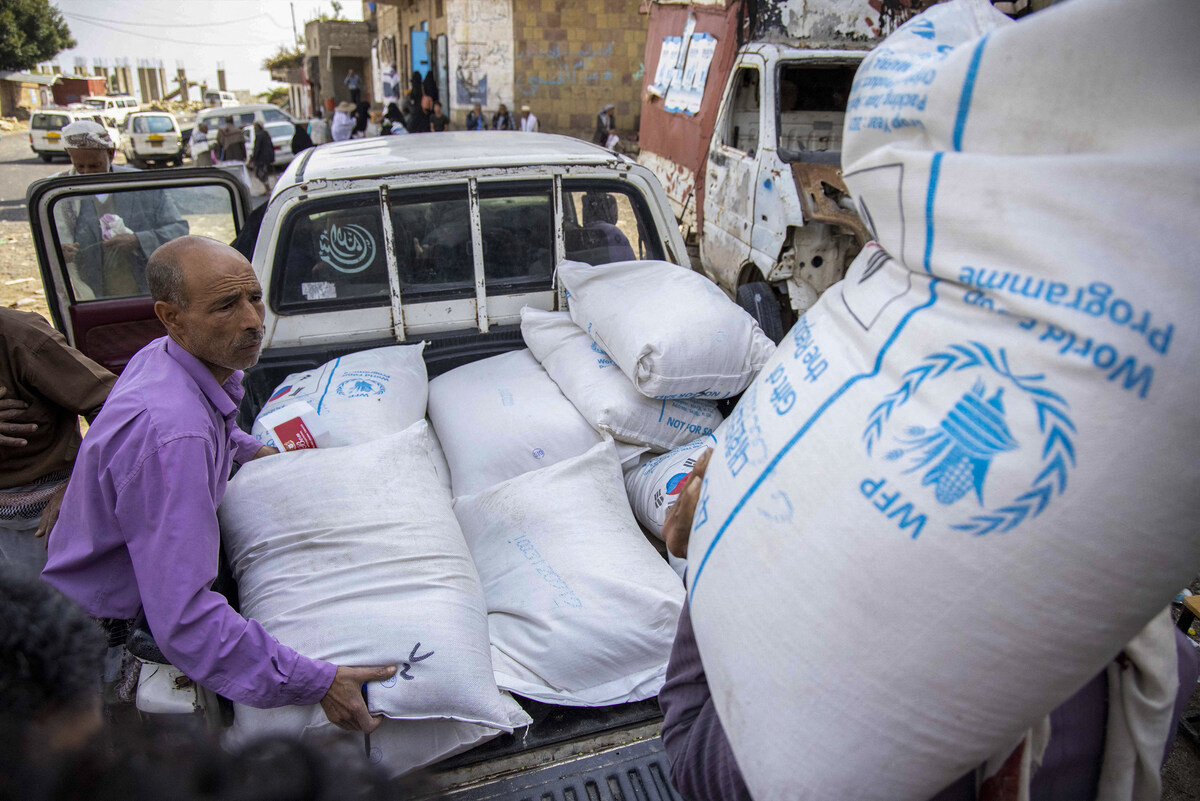Geneva, Switzerland – The World Food Program said Tuesday that shrinking funding was forcing it to drastically slash rations in many operations, warning that 24 million more people risked being pushed to the brink of starvation.
The United Nations agency said it had been struggling to meet growing global needs for food assistance while facing a funding shortfall of over 60 percent this year — the highest in its history.
“For the first time ever, WFP has seen contributions decreasing while needs steadily increase,” it said in a statement.
This could have dire consequences, with WFP experts estimating that for every one percent cut in food assistance, more than 400,000 people risk falling into emergency levels of hunger.
Given the dramatic cuts it is being forced to make, WFP cautioned in a statement that “an additional 24 million people could slip into emergency hunger over the next 12 months – a 50 percent increase on the current level”.
WFP chief Cindy McCain said more funding was essential.
“If we don’t receive the support we need to avert further catastrophe, the world will undoubtedly see more conflict, more unrest, and more hunger,” she said in a statement.
“Either we fan the flames of global instability, or we work quickly to put out the fire.”
‘Vital lifeline’ –
WFP estimates that 345 million people worldwide are facing acute food insecurity, at level three or higher on the UN’s five-scale food insecurity classification, known as IPC.
A full 40 million of them are currently considered to be in emergency levels of hunger, or IPC level 4, meaning they are forced to take desperate measures to survive and are at risk of dying from malnutrition.
“WFP’s food assistance is a vital lifeline, often the only thing separating them from starvation,” it said.
And yet the agency said it had already been forced to make massive reductions in nearly half of its operations, including in hotspots like Afghanistan, Bangladesh, Haiti and Syria.
In Afghanistan, where half the population is acutely food insecure, WFP was for instance forced in May to cut its caseload by 66 percent, meaning some eight million people in need are no longer receiving food aid.
And in July, 45 percent of aid recipients in Syria and a quarter of those on WFP’s rolls in Haiti were cut from assistance.
WFP said it was also forced to cut nearly half of its caseload in Somalia, affecting 4.7 million people, at the peak of last year’s famine response.
The UN food agency’s experts now fear that a humanitarian “doom loop” is being triggered, where WFP is forced to “save only the starving, at the cost of the hungry”, it said.
McCain insisted there was “only one way out of this”.
“We need to fund emergency operations to feed the hungry today while simultaneously investing in long-term solutions that address the root causes of hunger,” she said.
“Our shared goal must be ending the vicious, unsustainable, and costly cycle of crisis and response.”

